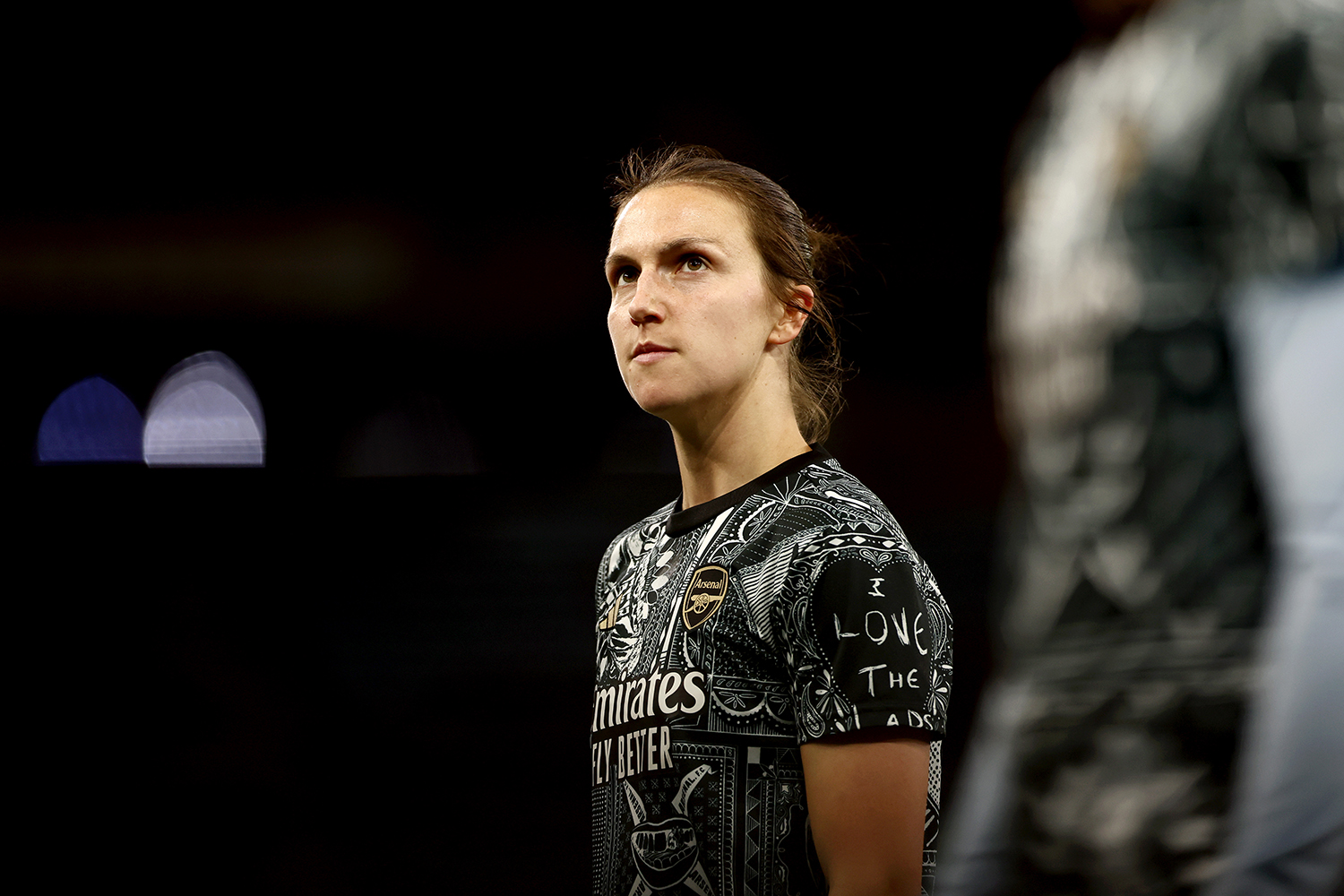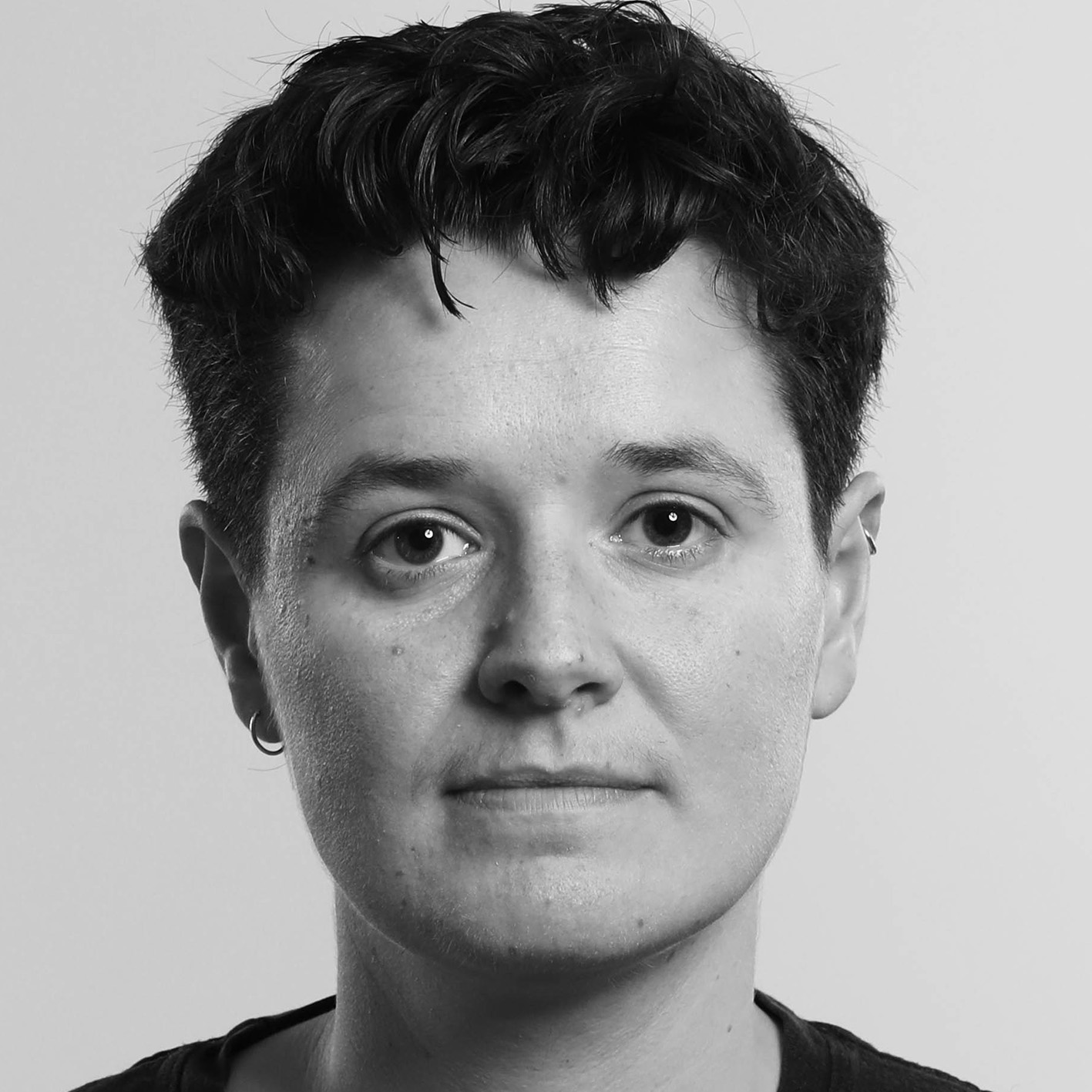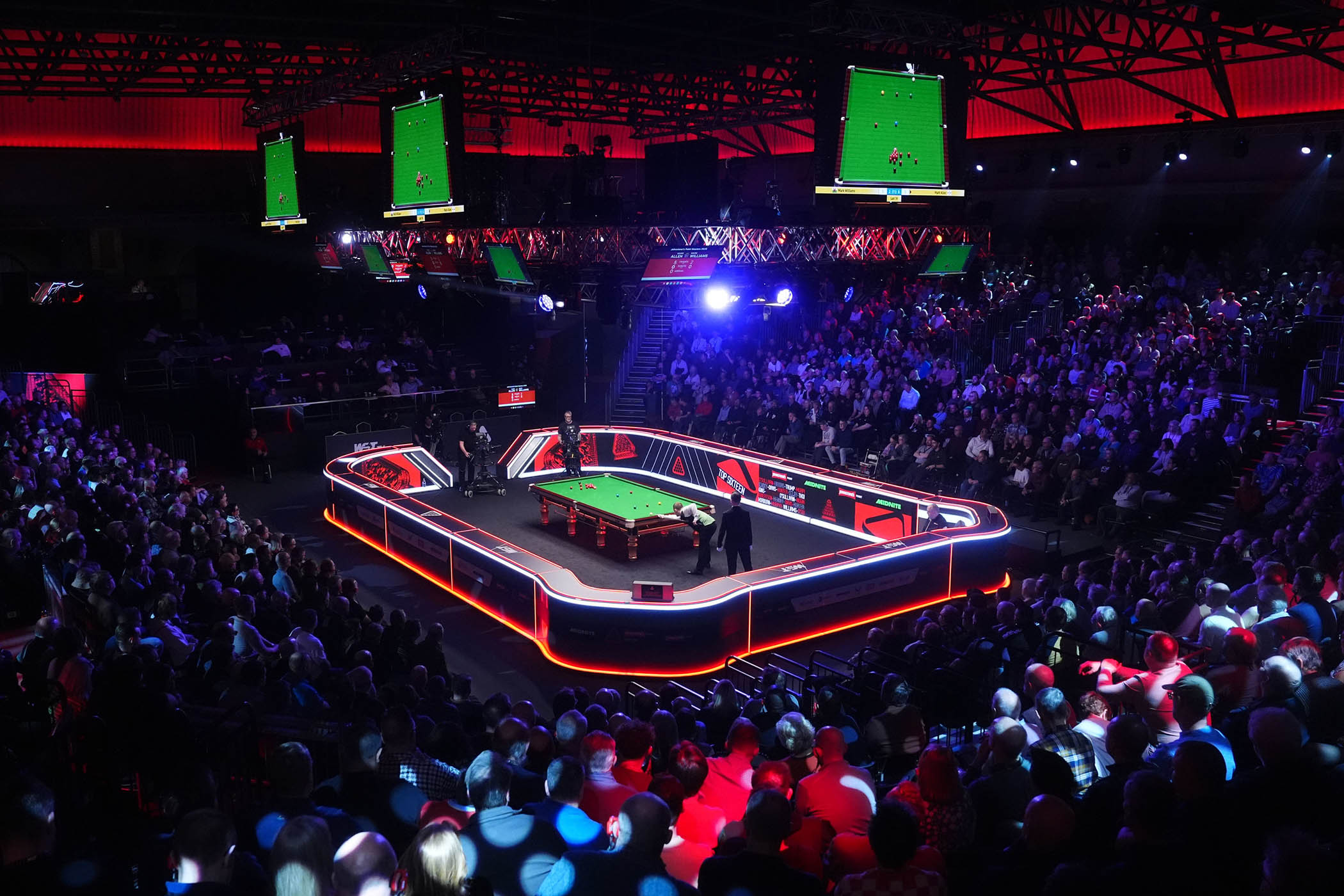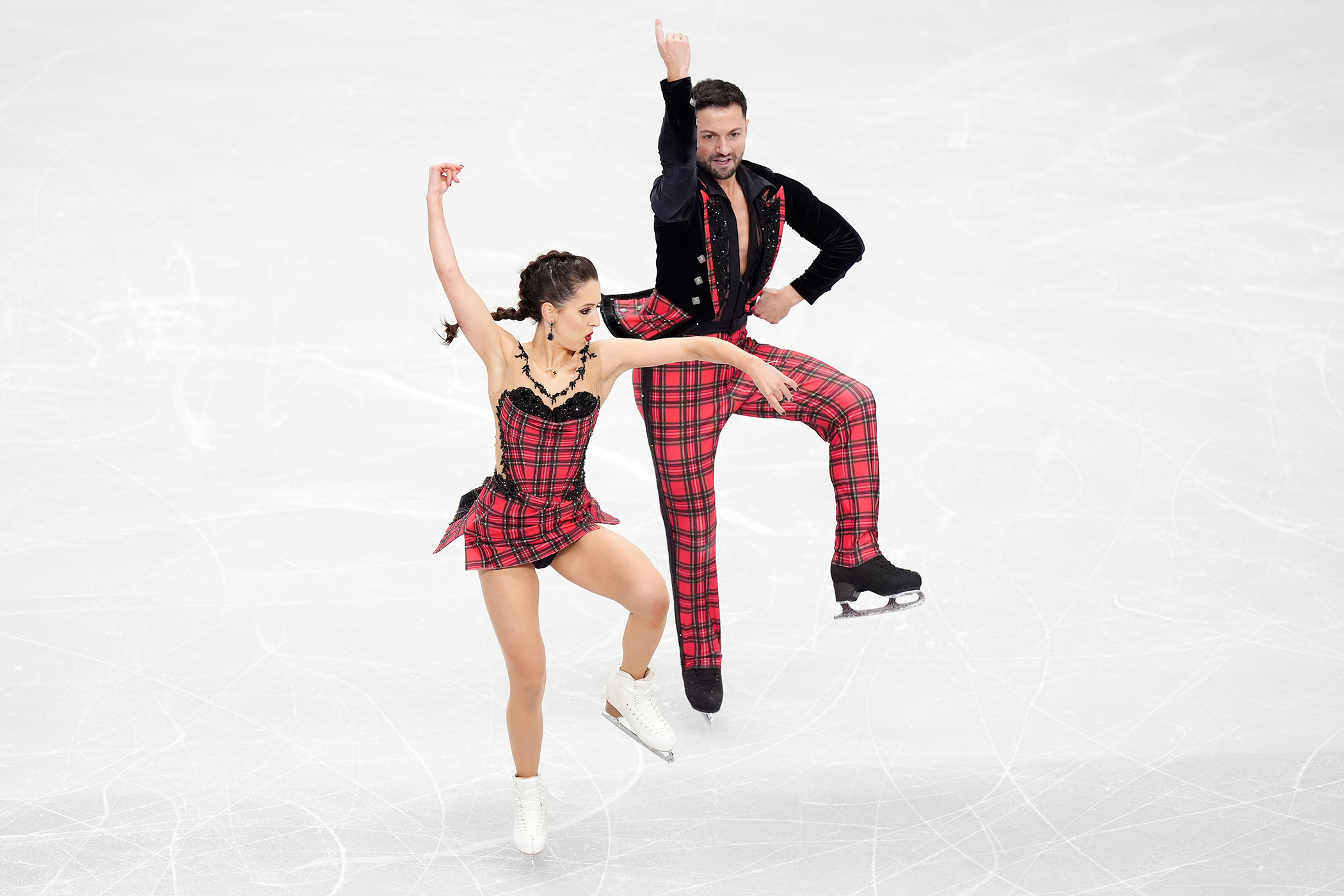Prior to the European Championship, England manager Sarina Wiegman sat down with Lotte Wubben-Moy. Wiegman likes to make the roles of her players in the squad very clear ahead of international tournaments.
In Wubben-Moy’s case, it was bad news. Wiegman laid the facts out to her. The Arsenal defender had spent the vast proportion of the season injured and she had played only 52 minutes of football since April. She wasn’t going to be physically or mentally prepared to play for a starting spot for the Lionesses.
“It is difficult,” says Wubben-Moy, whose Arsenal team kick off their new Women’s Super League season at home to promoted London City Lionesses on Saturday. “It doesn’t matter what you do in training. As a player, you want there to be reward. In tournament football, you don’t necessarily have that.
“When you’re at a tournament, knowing that you’re not going to play, you want to play. It is challenging. For me, the biggest thing was that I was willing to be there and be the person that I know I can be.”
The 2025 Euros, in Switzerland, was the fourth international tournament Wubben-Moy had been selected for, representing either England or Great Britain. She is yet to play a single minute at one. That experience has forced her to learn, in her own words, to “bend and flex”.
“It’s an underrated characteristic,” she says. “You can mould the situation that you’re in to give what you need to give. In sport, we look at a starting line-up and say they’re the ones we are going to value and cherish.
“But we need to redefine what the best players in football are, not limiting them to just being a starter or a bench player or a squad player. If you’re not able to change and go with what’s required of you, you’re one-dimensional. This summer, I could be the three-dimensional version of myself.
“I want to do it for the women that I’ve grown up with from a young age. I’ve got so much impetus to make sure we succeed together. If you were on this journey alone, it would be easy to not bend and flex because you know so clearly that you want to be playing.
Related articles:
“For me, knowing that I was there, helping them, towards a joint goal of winning the Euros, was all the guidance that I needed.
“Maybe it wasn’t what I selfishly wanted, but on reflection, I’m proud of myself. It doesn’t mean that my definition is limited to that because I am me. I’m Lotte and I can give what I need to give in that moment.”
Newsletters
Choose the newsletters you want to receive
View more
For information about how The Observer protects your data, read our Privacy Policy
In previous tournaments, Wubben-Moy had seen players like Jill Scott and Demi Stokes bring their energy to the group along with their experiences of playing at this level. It was different for Wubben-Moy, who not only does not have that same experience to draw on, but admits she is not the kind of person who is often found dancing or being loud. Instead, she relies on her own principles.
I owe a lot of my characteristics and traits to being among Londoners
I owe a lot of my characteristics and traits to being among Londoners
Lotte Wubben-Moy
“If I step out on to the pitch, or go to the gym, I’m going to give it my all. I hope that rubs off on other people,” she says.
“I had countless conversations with Mich [Michelle Agyemang]. Some of them weren’t even verbal, they were just actions like getting on the bikes or taking some extra shots. She had never been in a situation like that, and now she is seen as a breakthrough star. Who’s to say that she would have had those moments without grinding in the gym?
“We had quite a few concerts. She brought her piano out to Switzerland and I was able to go to her room and listen to her playing. That was her creative outlet.”
Wubben-Moy says her upbringing was crucial to the development of the principles that guided her during her time in Switzerland. A life-long Arsenal fan, she grew up in east London before spending time in North Carolina at college alongside Arsenal and England team-mate Alessia Russo.
“I owe a lot of my characteristics and traits to being among Londoners,” she says. “I feel so fortunate that I was able to grow up there.
“In terms of morals, a lot of that is from my parents too. It’s challenging for my family [to see me not playing]. They were out in Switzerland for that whole month. They’re able to do it and I’m able to do it because we look up to each other’s strengths. That can manifest in different ways.
“Whether that’s my mum giving all the players hugs because she’s a big hugger, or my dad being the most competitive man but also able to put himself to one side. I’m incredibly competitive, but I’m also there with Lucy Bronze leaning on me in the final as the penalties are going on and she’s like: ‘Hold me still’.
“So much of me is a product of the people that I’m around and the places that I’m at. That’s why I find it so comforting being at Arsenal because I feel that community of being in London. It’s a pretty perfect place to be myself.”
Wubben-Moy signed a new contract at Arsenal this April, despite Leah Williamson and Steph Catley becoming Arsenal manager Renée Slegers’s preferred centre-back pairing over the past season. Wubben-Moy can point to her player of the season award from 2023/24 as proof of what she can do when fully fit, and believes she will fight her way back to being a starter at the club. Does she worry that she will end up being seen as someone who is better for the culture than she is for the pitch?
“I will never be worried about that and it will always be part of me,” she says. “It’s so within my nature, that without that, I don’t think I would be able to perform because I wouldn’t feel genuine and I wouldn’t feel like I’m giving everything. Ultimately that’s what I’m here for.”
Wubben-Moy says what Slegers has achieved since she took over from Jonas Eidevall in October demonstrates how important creating a positive team environment is. Given the permanent job in January, Slegers led Arsenal to the Champions League title, defeating Barcelona 1-0 in the final in Lisbon.
“Where Renée has been able to put her mark on things is the culture. She navigates the nuances of us as humans. That’s something I’ve never experienced with a coach before,” she says.
“The week leading up to the Champions League final, every single person had such a good feeling. We’d created an environment where we were able to stretch one another. Everyone watches the match but if you’d been able to clip that whole week, you would have seen a process there that enables success.
“If you look at the way Arsenal as a club do things, it’s consistent. I don’t think very many clubs have that. That’s what sets us apart. It’s not about comparing. It’s more about holding that highly and being proud of it. I know I’m proud of it. I know my team-mates are proud of it.
“The fact I love Arsenal so much makes it easier [when things are difficult]. I feel pretty fortunate in that sense. It’s something I try to share with other people because hardships come. We’re in football. It’s how you deal with it, how you can extend yourself. It’s how you can bend and flex.”
Photograph by Naomi Baker/Getty Images



